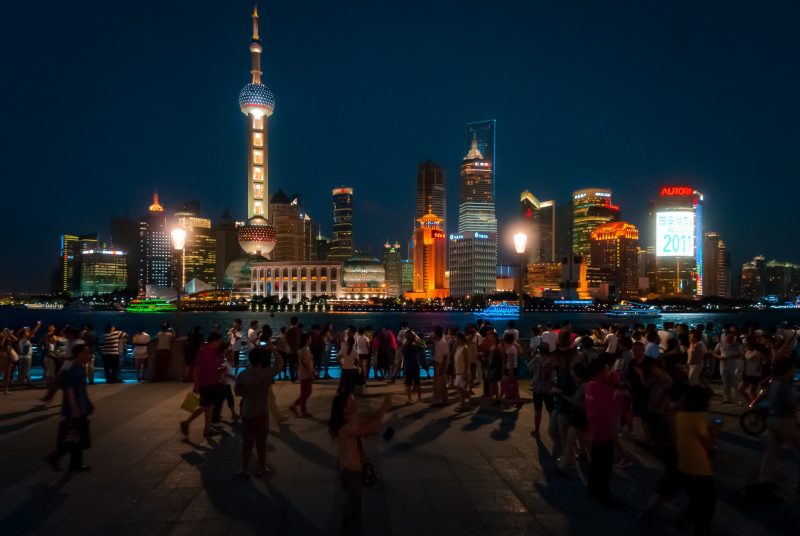Economic quality over quantity as Shanghai discards GDP target

There has been a nationwide move across China to look beyond the world leading raw GDP growth figures of the last 30 years and focus on a range of broader metrics, including environmental and employment performance.
Around 70 smaller Chinese cities and counties abandoned GDP targets in 2014, but this was mostly in areas with high poverty rates and special agricultural or ecological value.
Now that GDP growth has slowed in China’s rich metropolitan hubs – Shanghai reported 7.0% growth in 2014 rather than its targeted 7.5% – Shanghai has been the first of China’s four administrative megacities (Beijing, Tianjin, Shanghai, and Chongqing) to follow its smaller peers, dropping the official economic growth target from its annual work report entirely.
The change comes as part of wider administrative reforms in across China, and is expected to prompt further changes in prosperous areas like Beijing and Guangdong province. Central authorities are keen to encourage civil officials to ‘de-link’ their performance, salaries and promotions from raw GDP targets and aim for progress on social and environmental grounds as well.
Last year, President Xi Jinping proclaimed in a speech that "we can no longer simply use GDP growth rates to decide who the [party] heroes are".
Analysts predict that initially the change from GDP may be in name only, with civils servants reaching relatively narrow - and importantly, friendly - social metrics like employment to justify their pay packets. Despite the fall in GDP growth, China created 13 million jobs in 2014 – up from 10 million in 2013.
Shanghai will "grow steadily, continue structural optimization, and further increase quality and efficiency" in 2015, Shanghai mayor Yang Xiong said in his government work report to the city's legislature on Sunday 25th Jan. 2015.
The move is undoubtable good news from a green economy perspective. Many commentators have argued that a complacent obsession with GDP has helped contribute to China’s widespread environmental degradation and urban sprawl, as officials prioritised heavy industrial development and cheap housing development above all else.
But as China pushes its nascent middle class up toward western standards of living they will likely begin to demand even better jobs, a safer environment and social progress – perhaps even broader civil rights and more representative political governance.
Better that China’s authorities learn to go beyond GDP, start to measure what matters, and tend a more expansive tree of social and environmental improvement before the fig-leaf of GDP growth becomes fully unstuck.
Chris Hopkins, Green Economy Coalition
Image credit: "Shanghai bei Nacht" (CC BY-NC 2.0) by Bernd Thaller


